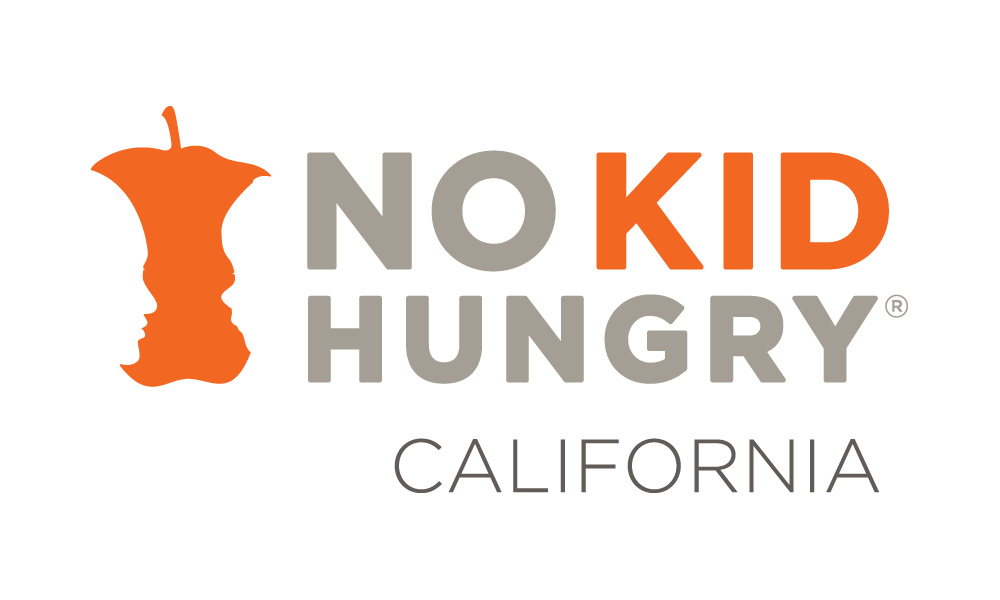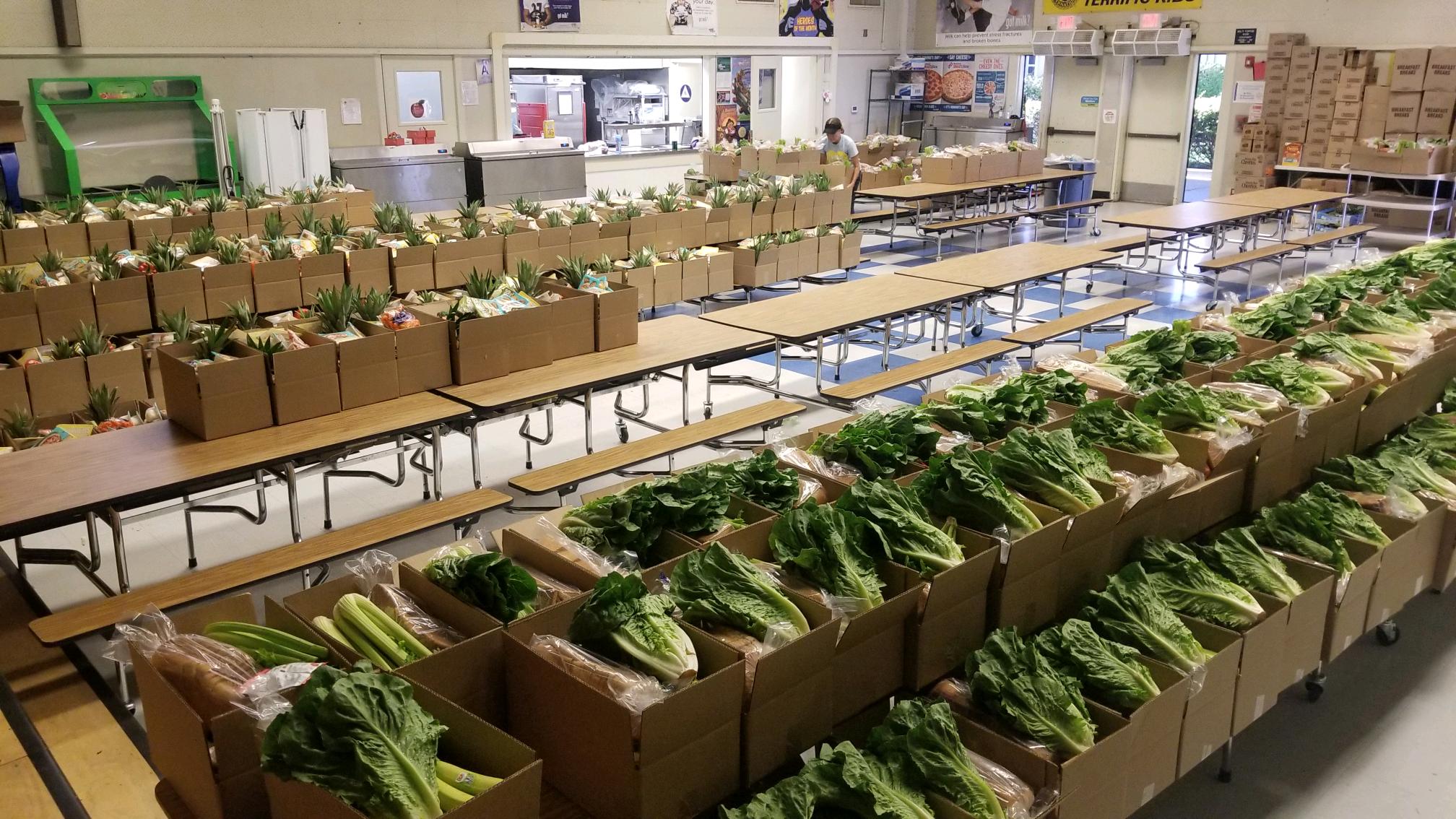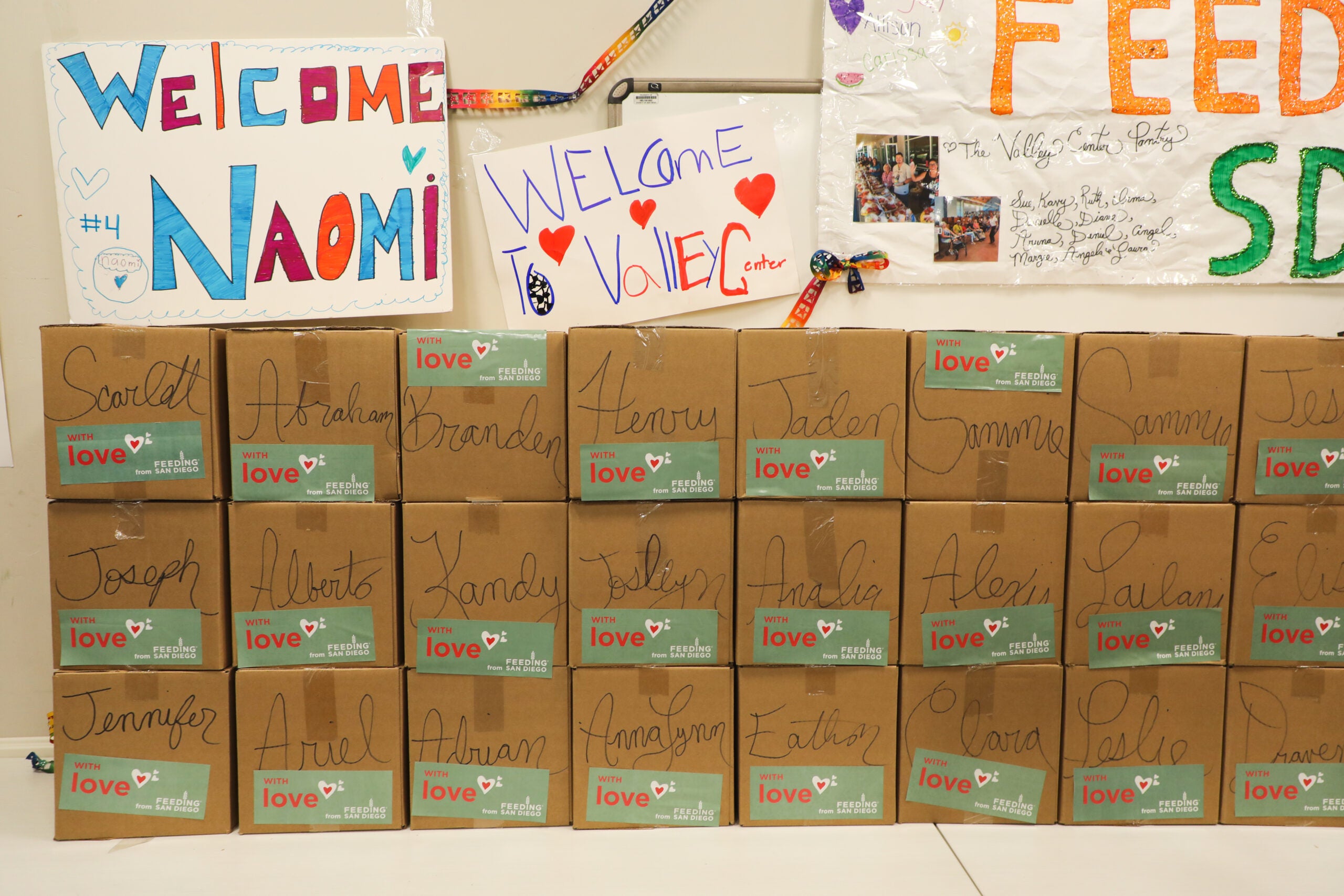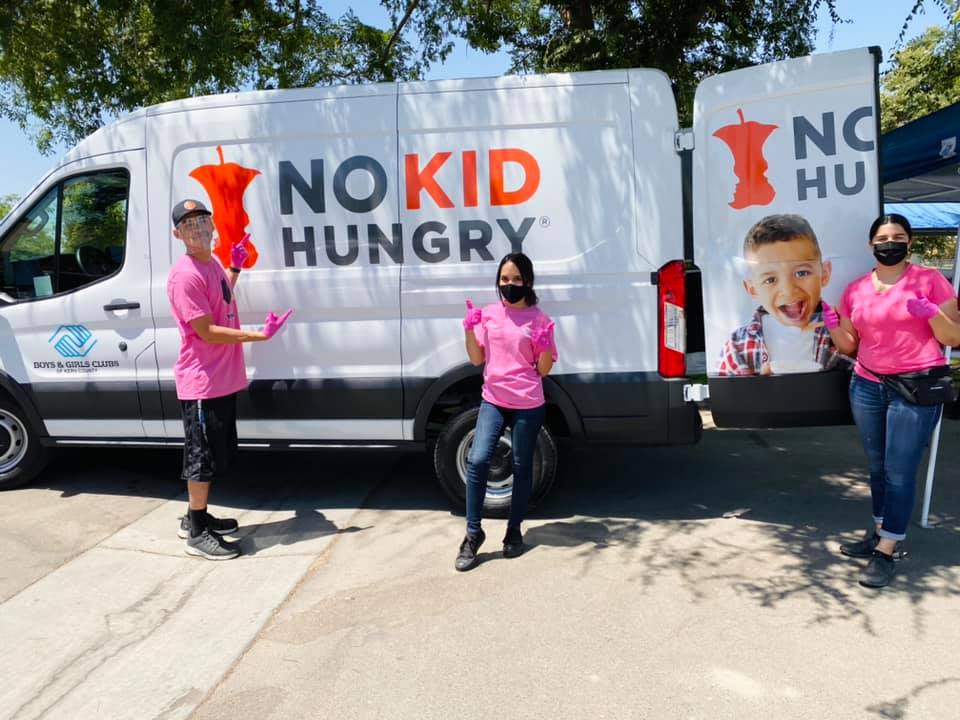When School’s Out, Food is In!
Summer has traditionally been the hungriest time for kids because many of the meals they receive in school disappear. When the last bell rings at the end of the school year, millions of children are cut off from the healthy meals they get each day at school. Summer meals are not reaching all kids. Without reliable sources of healthy food throughout the summer, more kids experiencing food insecurity are at risking of returning to school further behind academically, which can have exponential ramifications year after year.
Summer is a time for connection, exploration, and fun. That’s why we are dedicated to ensuring kids and teens, particularly in rural areas across the state, have access to summer meal programs.







